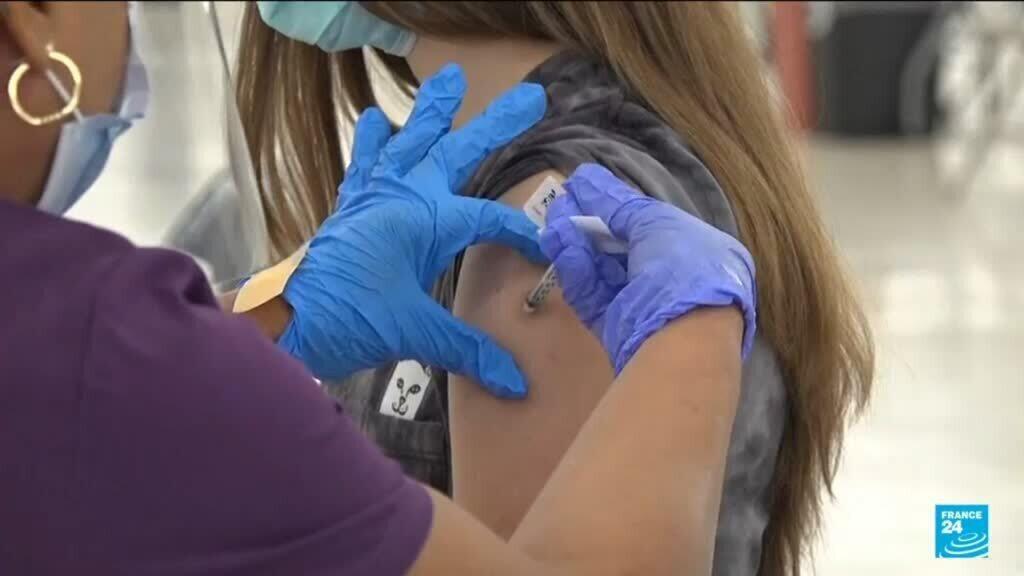Boost hope and reduce stress with this simple social media trick
PositiveHealth
A recent study reveals that spending just three minutes a day watching inspiring videos on social media can significantly boost your mood and reduce stress. This finding is important as it highlights a simple yet effective way to counteract the negative effects often associated with social media use, offering a practical tool for improving mental well-being in our daily lives.
— Curated by the World Pulse Now AI Editorial System




